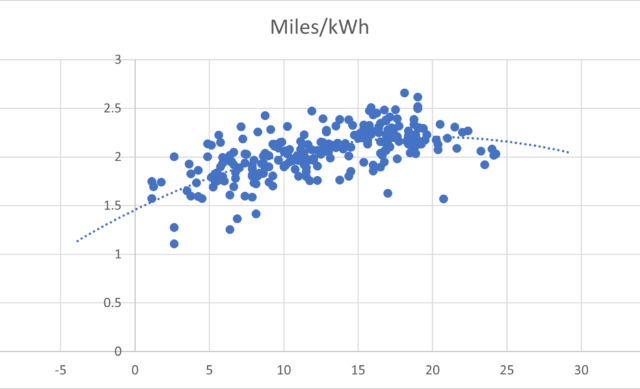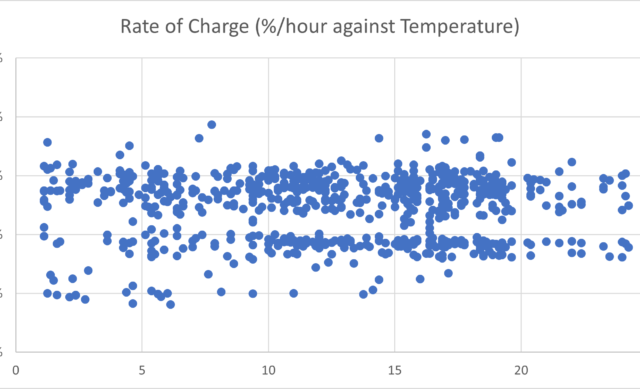Effects of temperature on EV performance
Introduction
Temperature has a significant impact on EV (Electric Vehicle) performance, in several ways. Firstly, and most directly, temperature effects the efficiency of a battery. EV batteries are designed to work at an “optimal temperature”, generally around 20°C. The colder (or indeed warmer) it gets, the less efficient a battery will become, as we mentioned in our EV Winter Driving tips article.
Secondly, ambient temperature affects conditions inside the cab. Colder temperatures mean drivers will be using their heating; warmer temperatures will demand air conditioning. The energy from these systems is pulled from the battery, and therefore impacts energy efficiency and range. Colder temperatures can also affect tyre efficiency, adding more drag and slowing the vehicle down. There are also concerns around the impact of charging a vehicle in extreme temperatures, as the temperature affects the chemical reaction and the transfer of energy in the battery.
Effects on Energy Usage & Efficiency
Using almost a full year of data, we have analysed the effects of temperature on the energy use and efficiency of several vehicles in our EV Fleet. By monitoring our vehicles using telematics, we can see the change in energy use and efficiency outside of the optimal operating temperature. The graph below shows temperature against miles/kWh, a measure of the efficiency of an electric vehicle. As temperature increases from 0°C, you can see that efficiency starts to increase. The efficiency tops out at 2.2miles/kWh, at the optimal operating temperature of 20°C, then reduces as temperature continues to increase.
Statistical tests were conducted to assess the robustness of this relationship. Initially, a correlation showed that there is a 63% correlation between Miles/kWh and Temperature, meaning there is a moderate to strong positive correlation between temperature and energy efficiency. A linear regression conducted showed an R² value of 40%. This means that 40% of the movement of vehicle efficiency can be explained by temperature. These statistical tests suggest that temperature has a strong effect on EV energy efficiency.

Effects on Charge Time
Despite the suggestion that temperature does affect charge time, the data does not suggest a correlation. There are two bands which are associated with different charge types (Fast vs Slow [Rapid have been excluded]), and both appear to be relatively flat, with no increase that would be expected from higher temperatures. This may be down to the frequency at which the data is being reported from the telematic device, which would mean small changes are hard to track, or the vehicle in use may be robust to the effects of temperature on charge rates.

Conclusion
In summary, temperature does have a measurable effect on efficiency, and at colder temperatures, you can expect a less efficient vehicle, and therefore a lower range. The table below shows the estimated effects of temperature on the vehicle. As you can see, a cooler climate can have a huge effect on efficiency, especially when approaching freezing temperatures. Understanding how temperature affects your electric vehicles can help you manage your fleet and make sure your vehicles perform to your specific requirements.
